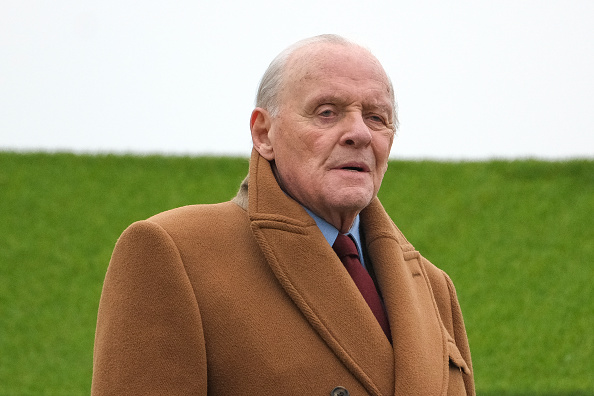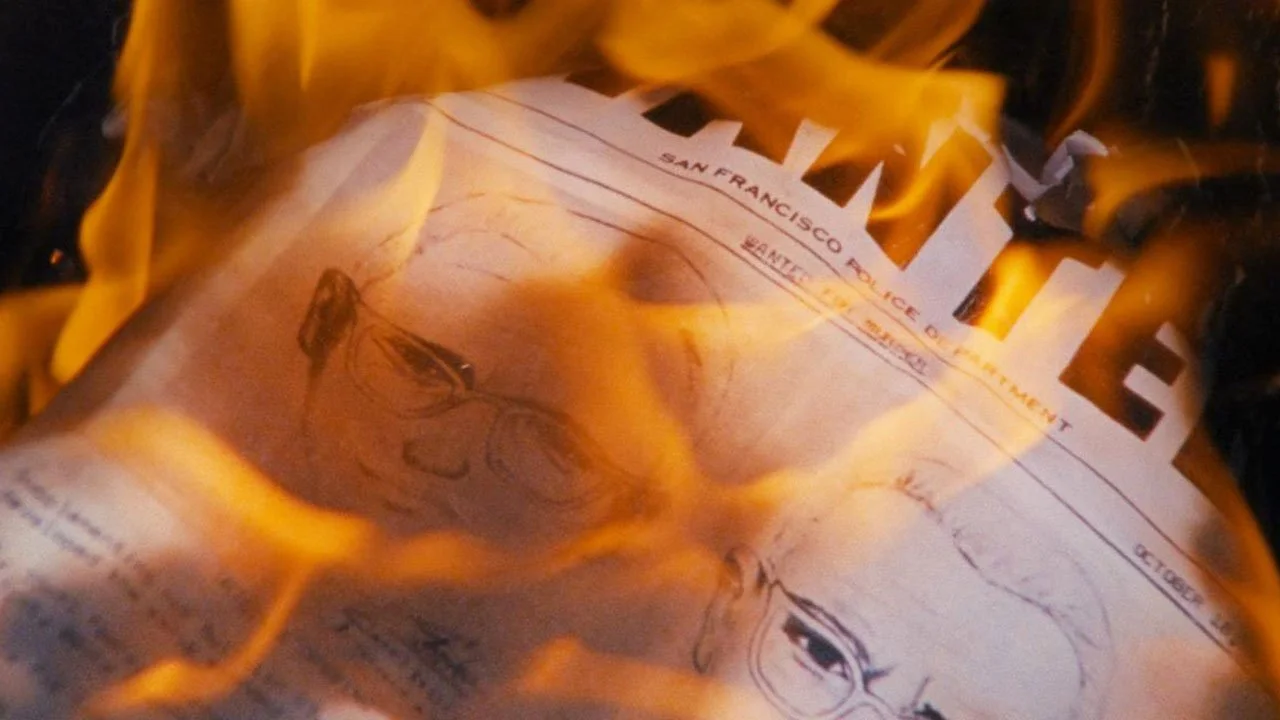Last November ‘Eye of the Hawk’ arrived on Disney +. From its promotional material and colorful credits it was clear that the series he had leaned heavily on the acclaimed comic by Matt Fraction and David Aja, who years ago had reinvented the character of Clint Barton giving life to one of the most significant series of the modern era of Marvel Comics. Seeing the signs of its authors’ identity so clearly and explicitly in the series with Jeremy Renner and Hailee Steinfeld, many have speculated that both would receive substantial financial compensation from Marvel Studios. Nothing could be further from the truth.

Aja, the Spanish artist behind the “Hawkeye” comics, revealed on Twitter that Marvel hadn’t paid him fairly for using his work on the series, giving rise to the hashtag. #PayDavidAja. Fraction, the screenwriter, appeared in the credits as a “consulting producer,” but was relegated to a mention in the credits. When fans took to social media to ask for a serial credit for Aja, he replied: “Better yet: stop giving credit and start paying, haha”.
Even better: stop crediting, start paying, haha.
? David Aja (@davaja) October 25, 2021
The Aja case is just one in a long line of Marvel Comics authors and illustrators getting ridiculous pay for using their creations in the Marvel Cinematic Universe, despite being the most successful film saga. In a new report, The Hollywood Reporter investigated this situation based on another similar case, that of Devin Grayson and JG Jonesthe creators of Yelena Belova, the character played by Florence Pugh who made her UCM debut alongside Scarlett Johansson in ‘Black Widow’.
After the film’s release in July 2021, Grayson and Jones battled with Marvel Studios to get paid for what they were promised to use the character they had conceived in 1999. Now, the two have wanted to reveal the details of a deal in which Marvel clung tooth and nail to the small print of its contract with comic creators to pay them less than agreed. When Grayson and Jones signed their deal, they believed they would be paid $ 25,000 to sign Yelena to Marvel Studios for screen appearances, video games and merchandising, however, they ended up receiving only 5,000, with no explanation.
From there, Grayson began a process to find out why Marvel had lowered the payment he was promised, which shed light on the details. a “labyrinthine” contract designed to confuse the artists. This contract, which bears the name Special agreement (Special Character Agreement), which Grayson signed in 2007, specified that the artist would receive $ 25,000 for a movie appearance of the character, $ 2,000 for an episode of over 30 minutes, and $ 1,000 for an episode of 30 minutes or less. For an action figure, Grayson would charge $ 5,000, rising to $ 10,000 for two and $ 25,000 for three or more. For using the character in a video game, $ 30,000 would have been shared between its creators.

However, the small print of the document basically allowed Marvel to lower those payments at will, which Grayson points out to THR is confusing because the $ 25,000 amount is highlighted throughout the contract. After receiving $ 20,000 less than promised, Grayson turned to a lawyer, who helped him “translate” the contract and figure out exactly how Marvel Studios is cutting payments to creators.
For starters, Marvel actually splits the pay between writer and artist. In other words, Grayson would have received no more than $ 12,500 in any case, as he would have had to share it with Jones. But here’s the kicker: if a movie includes more than one character covered by the Special Character Agreement, the amount is split between all creators. In the case of “Black Widow”, the same amount should be shared with the creators of Red Guardian (David Harbor) and Melina Vostokoff (Rachel Weisz). Jones describes this method as a “deceptive bait”: “They show you a high amount and then, little by little, they cut your real compensation”.
A few months after ‘Black Widow’, Florence Pugh made her second appearance in the Marvel Universe in ‘Hawkeye’, confirming herself as one of the new favorite purchases by the public. Under the contract, Grayson would receive $ 1,000 for each episode in which her character appeared ($ 2,000 split between her and Jones). But when the writer contacted the company in July, they informed him that his calculations were different and would pay him a ridiculous $ 300 per chapter.
Unfortunately better without a contract
But that is not all. The company would have other even smarter strategies for reducing payments. For example, there is a clause that specifies that, if a character’s screen time does not exceed 15%, that participation is officially considered a cameo, and for cameos, of course, less is charged. That is, as THR points out in his report, the appearance of Sebastian Stan in “Captain America: Civil War” or Chris Evans in “Avengers: Infinity War” would technically be cameos, absurd as it may seem.

In the world of video games, Marvel also manages to “save” on special terms, for example the studio allegedly pays only for character appearances in video game consoles, not in mobile games, a growing sector. For all of this, some creators have found that it is better not to sign the famous Special Character Agreementwith which Marvel basically covers its back to pay what it wants, including a confidentiality agreement to prevent everything from coming to light.
According to a THR source representing the creators of many of Marvel’s greatest characters, one in particular has never been able to sign that deal and is better than those who did. However, not everyone has this privilege. For instance Joe Casey, the artist behind America Chavez, a character who made his UCM debut recently played by Xochitl Gomez in “Doctor Strange in the Multiverse of Madness”. Casey claims he contacted Marvel Studios to negotiate payment for using America Chavez and what they offered him was so ridiculous that he turned it down. In your case, the artist preferred to give up money and not signing a confidentiality agreement, in order to use his experience to publicly report the situation and demand that creators be respected and compensated as they deserve.
Source: E Cartelera




